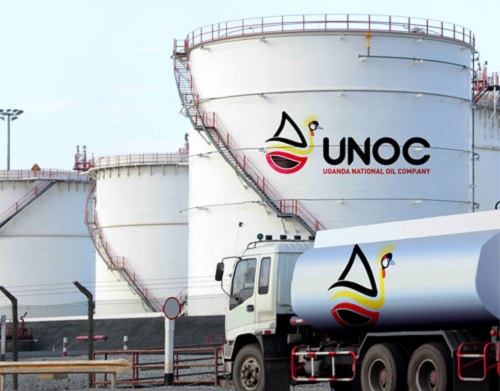
Kampala, Uganda | THE INDEPENDENT | The government has given a rosy picture of Uganda’s energy security in the medium term, citing several interventions and other developments in the sector.
Experts have said Uganda is energy insecure especially because of the lack of a direct route to the sources of petroleum products as a landlocked country, as well as the fact that it does not have her own refinery.
Even then option of adequate storage systems for landlocked countries has not been utilized well by the country.
This has resulted in sporadic supply disruptions leading to scarcity and price instability, though not to the scale of the worst-hit countries, according to the ministry.
Speaking at this week’s 9th Oil and Gas Convention organized by the Uganda Chamber of Mines and Petroleum, speakers questioned the preparedness of the country against the frequent shocks that affect supply.
Ellison Karuhanga, an oil law expert, for example, said the country’s storage capacity is just 15 days and this is if all the storage facilities were kept full at any one time.
The government has only fuel reserves in Jinja which have a capacity of just over 10 million litres of diesel and about 20 million for petrol, yet the country’s consumption is estimated at almost 7 million litres per day.
This means that supply stability is largely at the mercy of private marketers.
In 2022, Uganda National Oil Company (UNOC) took over the Jinja Storage Terminal with the hope of better managing it and stabilizing supply.
Gilbert Kamuntu, UNOC Chief Commercial Officer said they hope to improve supply and stability “soon” once the company starts importing fuel products to minimize reliance on Kenyan importers.
This, according to him, is on top of other activities planned by the company, including the refinery project which has undergone negotiations by the country and the United Arab Emirates and Saudi Arabia.
The refinery is expected to be complete in 2027, two years after the expected oil production date, meaning that the commercial crude oil produced early will all be exported through the pipeline.
Ruth Nankabirwa, the Minister of Energy and Mineral Development, said that following the license granted to UNOC by Kenya, the company should make its first imports before the end of June.
However, she said that this will go on alongside the projects in partnership with Tanzania’s progress to develop the central corridor as another option for the importation of petroleum products.
She also said plans for a Liquefied Nitrogen Gas pipeline and a select committee is already constituted to commence the feasibility study.
Nankabirwa also pegs hope on the refinery and the Kampala Storage Facilities in Mpigi District, saying that these will further ensure that there is adequate supply.
Vice President Jessica Alupo advised Nankabirwa to prepare a report on the concerns of energy security as raised by the different stakeholders, for presentation before the next cabinet meeting.
In a statement read for him by Alupo, President Yoweri Museveni noted that energy security was vital for the protection of the environment because the easier option for the public is to go for firewood and charcoal.
He also said that with the current discovery of 500 billion cubic feet of natural gas, the country will be able to increase reliance on clean energy and save more forest cover, though most of it will go towards powering oil and gas production activities.
This, according to him, will help Uganda’s transition to just energy.
The convention was organized under the theme: The journey to first oil in Uganda in the face of a just energy transition, picked from the discussions at the 28th UN Climate Change Conference (COP28) in Dubai last year.
At the conference, Uganda successfully pushed for the removal of clauses in the agreements, which prohibited the development of oil and gas resources.
After recognizing the global demand for oil and gas, COP28 proposed a gradual, rather than instant, transition from these resources.
Patrick Mweheire, the Chairperson of the Uganda Chamber of Mines and Petroleum said, this is the reason they decided on that theme that aligns with Uganda’s position of the energy transition.
****
URN
 The Independent Uganda: You get the Truth we Pay the Price
The Independent Uganda: You get the Truth we Pay the Price



